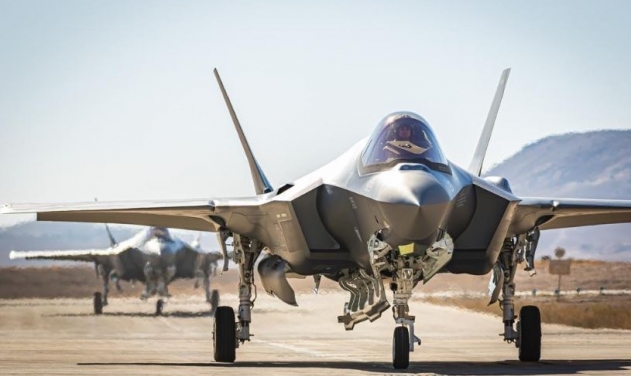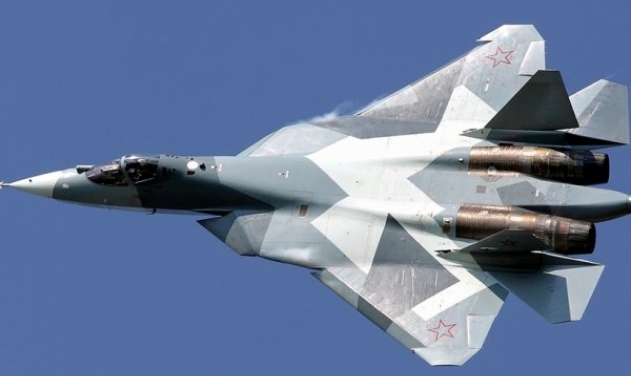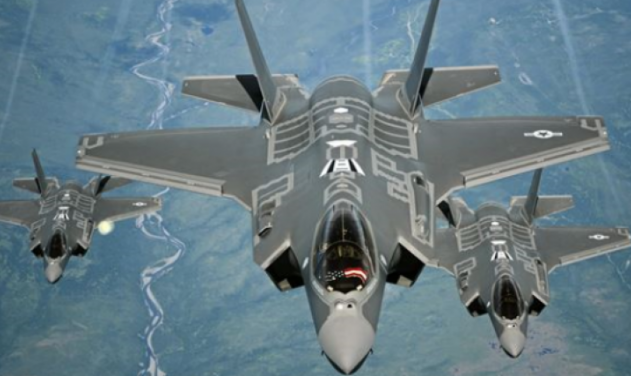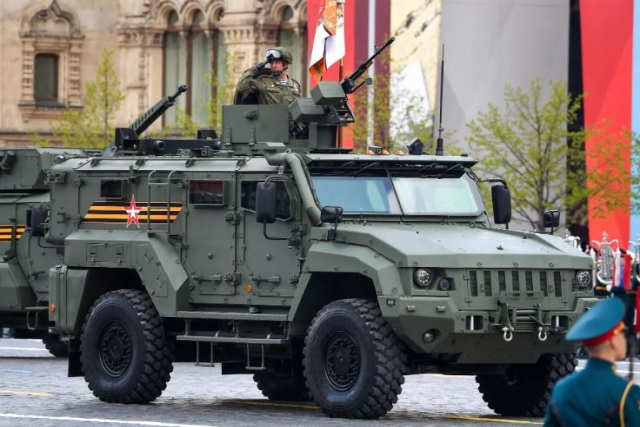Cruise Missile Developed for F-35 Could be Used in Turkey’s Indigenous Fighter, UAV
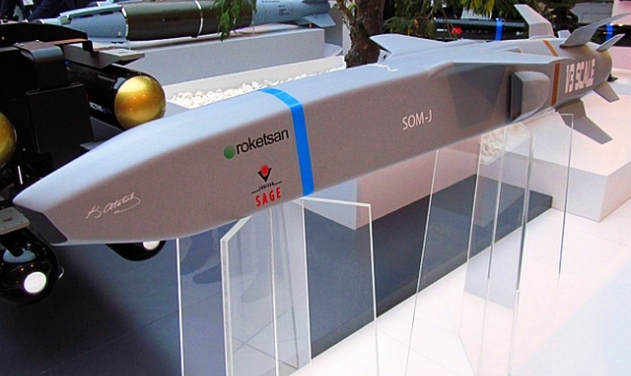
An air-to-surface cruise missile developed for the F-35 fighter jet could be used with Turkey's national combat aircraft and attack UAVs, besides offered to countries which are part of the F-35 program.
Turkey’s industry and technology minister, Mustafa Varank said on Saturday that the SOM-J cruise missile jointly developed by the US and Turkey, will be deployed on local air assets following Ankara’s ouster from the F-35 program.
Speaking at a press briefing in Antalya he said, "If the countries in the F-35 program want to buy this type of cruise missile, we can easily sell these missiles even if we are out of the program."
The SOM-J is a, medium-range air-to-surface standoff cruise missile. Stealthy and precise, the SOM-J is designed for use against heavily defended, high-value anti-surface warfare (ASuW) and land targets. These include surface-to-air missile sites, exposed aircraft, strategic assets, command and control centers and naval vessels.
Turkey's locally produced SOM-J cruise missile can also be integrated into Akıncı UAVs produced by leading unmanned air system manufacturer Baykar Makina, said Varank, adding that the apex of the UAV project would be to produce unmanned combat aircraft.
Dubbed "the flying fish," the 5.5-ton Akıncı drone is expected to start test flights soon. The two-engine armed drone will be equipped with a domestically developed sightline and satellite communication system, electronic support pod, multipurpose air radar, synthetic aperture radar and meteorological radar. The platform will operate with various ammunition configurations.
The Akıncı system can reach an altitude of 40,000 feet and has the capability of flying for 24 hours straight. It has the capacity for a useful load of up to 350 kilograms. "This is the future of UAVs. I believe the Akıncı will have a huge multiplier effect in our defense industry," Varank said.
The TF-X National Combat Aircraft (MMU) is being developed by Turkish Aerospace Industries (TAI), to replace the F-16 aircraft, which are in the inventory of the Turkish Air Forces Command and will be gradually deactivated as of the 2030s.
The jet is on schedule to make its maiden flight in 2025. The fifth-generation jet has similar features to Lockheed Martin's F-35s jets. The aircraft has new generation features including low visibility, internal gun housing, high maneuverability, increased situational awareness and sensor fusion.
Earlier last month, Washington announced it was taking Turkey out of the F-35 fighter jet program over over Ankara's purchase of the S-400. The expulsion is to be completed by the end of March 2020.
